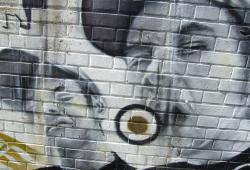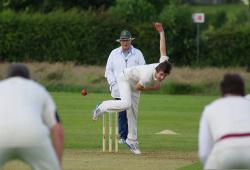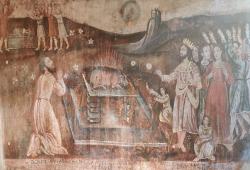
Perhaps we underrate or are unaware of some achievements in Indian languages and regional cultures. There is a long tradition of doing Shakespeare plays in Marathi. I just found a bulky volume in Marathi of articles on Shakespeare published in 1965, a year after the quatercentenary (not quarter), 400th birth anniversary of the Bard.
Interestingly, it is brought out by the Marathi Natya Parishad, a professional theatre body. The introduction is written by V.S. Khndekar, Jnanpith award winning novelist. This and other articles written by novelist and journalist G.T. Madkholkar and others shows how well read some of these writers were.
Shakespere’s writing had a major influence on the technique of writing of major playwrights like Khadilkar, Gadkari and Shirwadkar
Khanderarao Bhikaji Belsare, an editor, single handedly embarked on a project of translating all of Shakespeare plays and other writing in 40 volumes. He published six plays till 1913 when his life was cut short. Also, Shakespere’s writing had a major influence on the technique of writing of major playwrights like Khadilkar, Gadkari and Shirwadkar.
Noted director Bhalba Kelkar shows what a fine critic he was in his very frank evaluation of some Shakespeare productions in Marathi including Sai Paranjpe’s Hamlet done in 1963, Shirwadkar’s adaptation of Macbeth titled Rajmukut directed by British director Herbert Marshal for the Mumbai Marathi sahitya sangh done on specially designed theatre, as also Hamlet performed by Nana Joag and Damoo Kenkre.
It is the enormous contribution made by Bhalba and a whole range of other directors and actors that ultimately laid the groundwork for subsequent emergence of modern Marathi theatre
Bhalba also got negative media publicity in the seventies because of his opposition to the play Ghashiram Kotwal on grounds of historical interpretation. But it is the enormous contribution made by Bhalba and a whole range of other directors and actors that ultimately laid the groundwork for subsequent emergence of modern Marathi theatre.
As coincidence would have it Jabbar Patel, director of the brilliant production of Ghashiram, has been elected president of the Marathi Natya Parishad but it has not been able to hold its sammelan because of Covid. We are lucky that Sai who directed Hamlet way back in the sixties is still amidst us, in good cheer and still active.
The commemorative volume also includes an article on Shakespeare’s soliloquies by G.P.Pradhan, a professor of English and interestingly a former leader of the opposition in the legislative council, a socialist veteran.
In today’s political scene one would have to struggle hard to find anyone even remotely coming near Mr Pradhan in this respect.
The volume is edited among others by Charusheela Gupte, noted writer and mother of veteran journalist Pranay Gupte.







